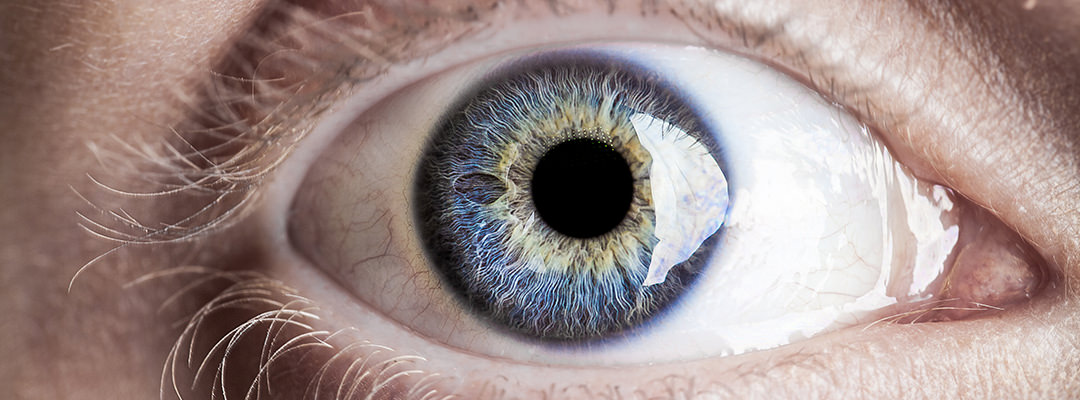Here at Sleep Underground, we are all about learning to sleep your best life — whether that’s choosing the most comfortable duvets, setting up a perfect cozy bedtime routine, or experiencing creative dreams while you sleep. Sometimes, though, sleep just doesn’t make it to the top of our list of priorities. Maybe you have an exam to slam study for, or you need to stay up and wait for a family member to come home from a trip, or you’re adjusting to sleeping and waking in a new time zone. Sometimes it’s super important to stay awake for longer, even when your body just wants to collapse into sleep.
Although we don’t recommend doing this in the long run, we understand that sometimes you need to accommodate aspects of your waking life before your sleeping one. Here are a few ways to stay awake and not fall asleep, plus some precautions and ways to stay healthy while you’re doing it.
Ways to Stay Awake at Night
Here are some easy, inexpensive ways to keep your mind and body active when you’re trying not to shut down for the night.
Rest Up
This should go without saying, but try to make sure you get a good sleep the night before. You can’t “bank” sleep or keep extra reserves of it on hold, but making sure you’re well rested will ensure that you’re functioning at your very best. This allows you to focus better and for longer and makes sure that your body is firing on all furnaces as best it can. If your schedule allows, try taking a short nap (between twenty minutes and an hour is best) a few hours before you need to start your long haul waking hours.
Move Around
Staying in one place or one position can work against us when we’re trying to stave off sleep. If you have the time — for instance, if you’re trying to kill an afternoon while fighting off jet lag — try going for a walk. The daylight and fresh air will help revive you and keep your mind alert. Our bodies’ circadian rhythms, or our innate instinct that governs our cycle of sleep and waking, naturally follows the patterns of the sun. Daylight will make it easier for our bodies to believe that they’re in the waking part of the cycle, even if it hasn’t passed through the sleeping part in a while.
If you don’t have the luxury of time or sunlight — like if you’re staying up because you need to study — try switching locations every fifteen minutes or so. Try moving between a desk and a kitchen table, for instance, or moving between different rooms. Take breaks every so often to stretch your legs. Finding small ways to stay active will make it easier to stay awake without nodding off.
Relax Your Eyes
Try not to strain your eyes too much while you’re working to stay awake. Staring at harsh computer screens for hours on end can tire out your eyes and make it more difficult to stay focused. This can be tricky if you’re staying up because you need to do some computer work, but see if you can alternate between your computer screen and hard copy notes. While you’re taking your quick stretch-out breaks, make sure you give your eyes a little rest so they don’t get too tired.
Keep the Lights Up
Staying awake will be easier if you’re in a well-lit area. If you’re staying awake in the middle of the day, make sure you get lots of natural daylight. Remember that circadian rhythm? Dim lighting might be more comfortable for your eyes, but it will send a signal to your body that it’s time to wind down for bed. At night, stay in bright rooms and use extra lamps if you have them to imitate a daylight environment. Try to find ways to let more light into your space or move into an area with some natural light.
Drink Water
There is no circumstance in life where staying hydrated is not a good idea. Drinking water keeps your body functioning at its best and refreshes the senses, making it easier to focus on the task at hand. If you feel yourself starting to slip away, drink a cold glass of water. It will wake you up and give you another excuse to move around.
Play Music
The kickstarting properties of a good playlist are legendary. Music services like Spotify and Youtube have ready-to-go playlists designed to keep up your energy levels, or you could put on your own favourites. Choose something upbeat and positive with a strong rhythm (be mindful of your neighbours, though!).
If you find yourself starting to nod off, taking a five-minute dance break also helps get your blood moving and gives you a reason to get active. Win-win.
Eat Healthy Snacks
If you’re staying up late it’s tempting to break out the emergency sugar rush, but experts say these foods can actually cause your body to crash land before you’re ready. Fresh fruits and vegetables are your godsend. Bread, crackers, yogurt, and lean meats such as poultry are good alternatives as well. Avoid sugary treats or things with a lot of grease, like fast food takeouts. These will cause you to feel sluggish and weighed down, which isn’t conducive to staying awake and alert.
Precautions
Now that we’ve looked at ways to stay focused while you’re keeping sleep at arm’s length, let’s look at a few things to keep in mind so that you’re not doing your body more harm than good.
Dial Down the Caffeine
Caffeinated drinks are the right hand man of generations of university students. It’s natural to reach for fizzy energy drinks or a revolving tray of espressos when you’re trying to stay awake, especially in stressful, high-pressure scenarios. However, research shows that it’s better to space out your caffeine intake so that it’s gentler on your system. It’s been proven that while a mild amount of caffeine intake can improve your cognitive ability, high doses can cause side effects like anxiety that actually make it harder to concentrate.
Try drinking a moderate amount of coffee or tea early on in the night (or whenever your long haul waking session begins), and cut it off three to four hours before you’re expecting to go to sleep.
Stay Away From Alcohol
This isn’t bad advice under any circumstance, but especially when you’re heading into a long night. Alcohol has a tendency to make you even more sleepy and, as we all know, plays havoc with our cognitive function. Drinking alcohol when you’re trying to stay awake will not only make you want to sleep even more, but it will probably interfere with whatever you’re doing that you needed to be up for in the first place.
In addition to the negative effects of alcohol on its own, its appeal really starts to deteriorate when mixed with caffeine. Mixing caffeinated beverages and alcoholic ones can have negative long term effects on our brain, heart, and blood pressure.
Break In Case of Emergency
It’s important to keep in mind that while these methods can help you stay awake longer, they shouldn’t be used every day. Maintaining a healthy sleep rhythm is incredibly important for our day-to-day health on so many different levels including our long term cognitive ability, our cardiovascular health, and supporting our immune system, among other things. Using these ideas to stay awake for extended periods of time won’t do you any real harm when used once in a while, but they should absolutely not be part of a larger lifestyle choice.
Whether you’re staying up late to pump your brain full of information, to get some work done before an important due date, to support a friend or loved one, or to readjust to the rhythm of a new place, these tips should help you get in those few extra hours of productivity. Just remember to get a good sleep the next night!





